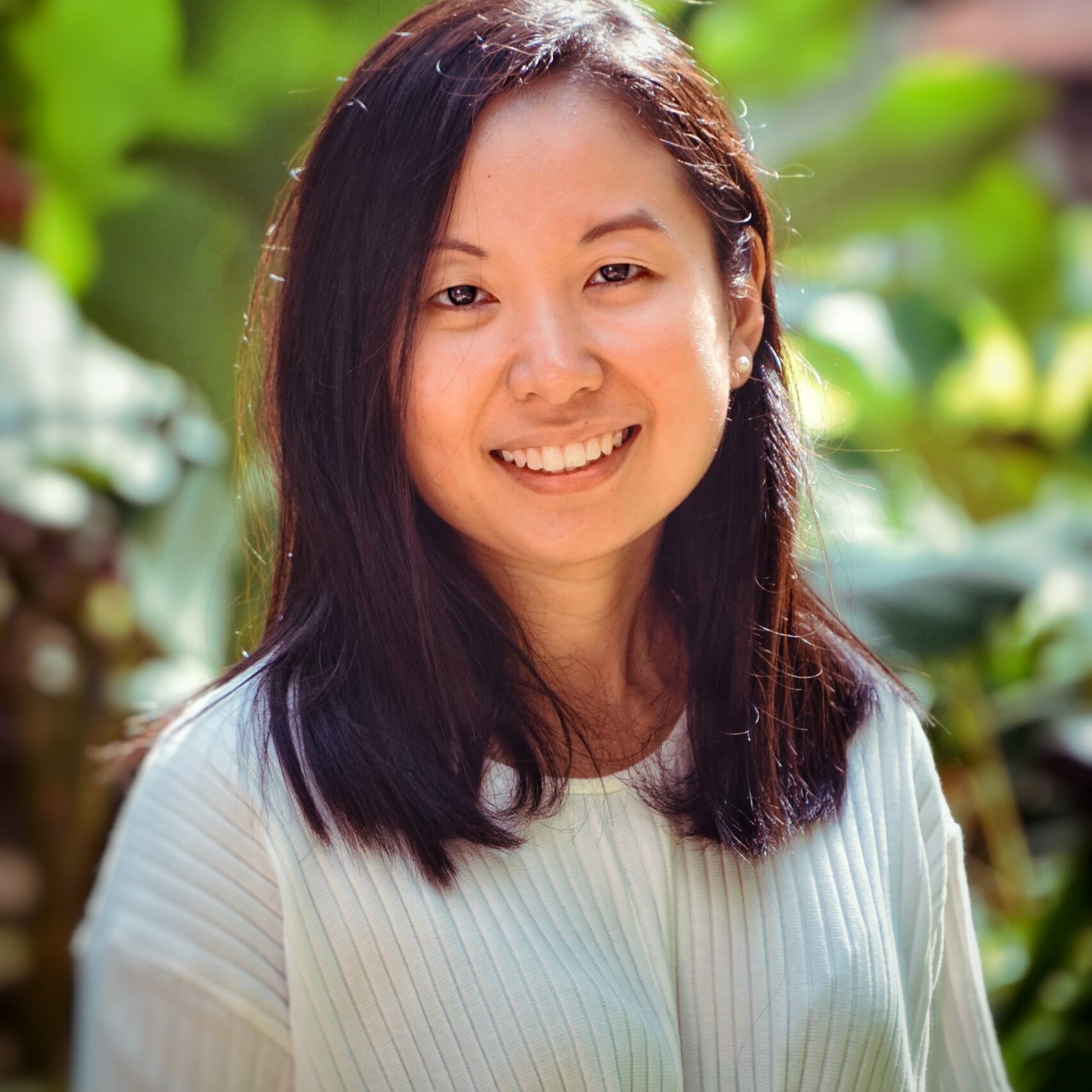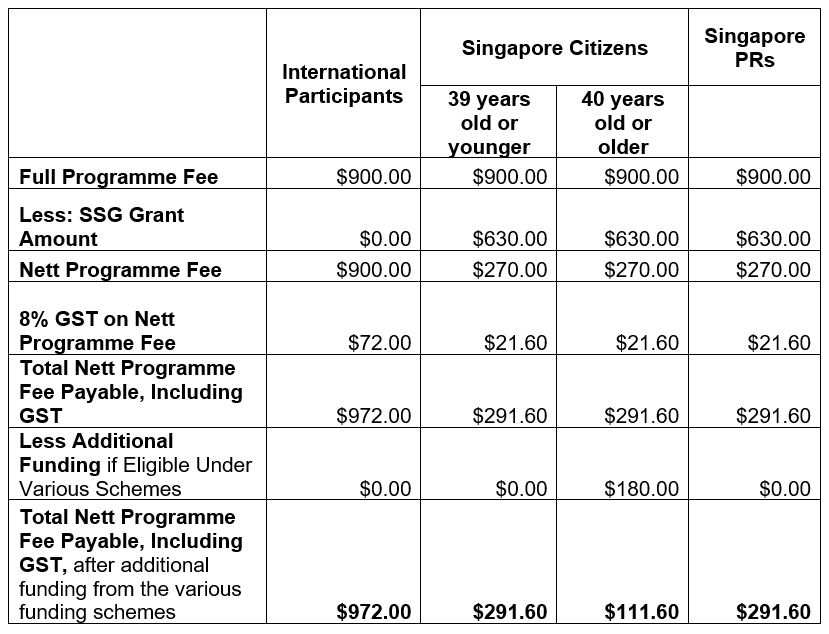Implementation Research for Social Services (August 2023)
Registration
Interested applicants can register for the course via NUS Online Application Portal.
Registration has closed.
About
This course on implementation research introduces participants to the emerging field of implementation science – the theories, concepts, and methods, and its relevance to the social service sector.
Implementation research can consider any aspect of implementation, for example, the factors influencing implementation, the processes of implementation, and the outcomes of implementation, including how to disseminate and scale up a programme, a policy or an intervention. The intent of the research seeks to understand what, why, and how programmes, policies or interventions work in real world settings and to work towards improving them.
Topics covered include:
• Developments of implementation science and its relevance to social services
• Theory-driven approach for programme design, implementation, monitoring and evaluation
• Theories and concepts of implementation research and how they can be applied in practice
• Implementation fidelity and adaptation in implementation research
Trainers

Dr Robyn Tan is a Research Fellow at the Institute of Policy Studies, LKYSPP, NUS. Her research interests include studying the implementation of programmes, policies and interventions in real world policy and service settings. She has a keen interest in theory-driven evaluations, specifically, applying realist research to understand what works, for whom, under what conditions, and why. Robyn is an adjunct faculty with the Geriatric Education and Research Institute (GERI) where she is involved in implementation research of healthcare interventions, to facilitate their translation into practice.
Course Fee
This course is SSG-approved. Participants who are Singaporeans or Singaporean Permanent Residents will be eligible for subsidies of 70% of the course fees, excluding GST. Singaporean participants who are aged 40 years old and above will be eligible for higher subsidies of up to 90% of course fees. Participants are required to attend at least 75% of the course and obtain a pass grade for the required assignments. The table below shows the breakdown of the course fee payable.


